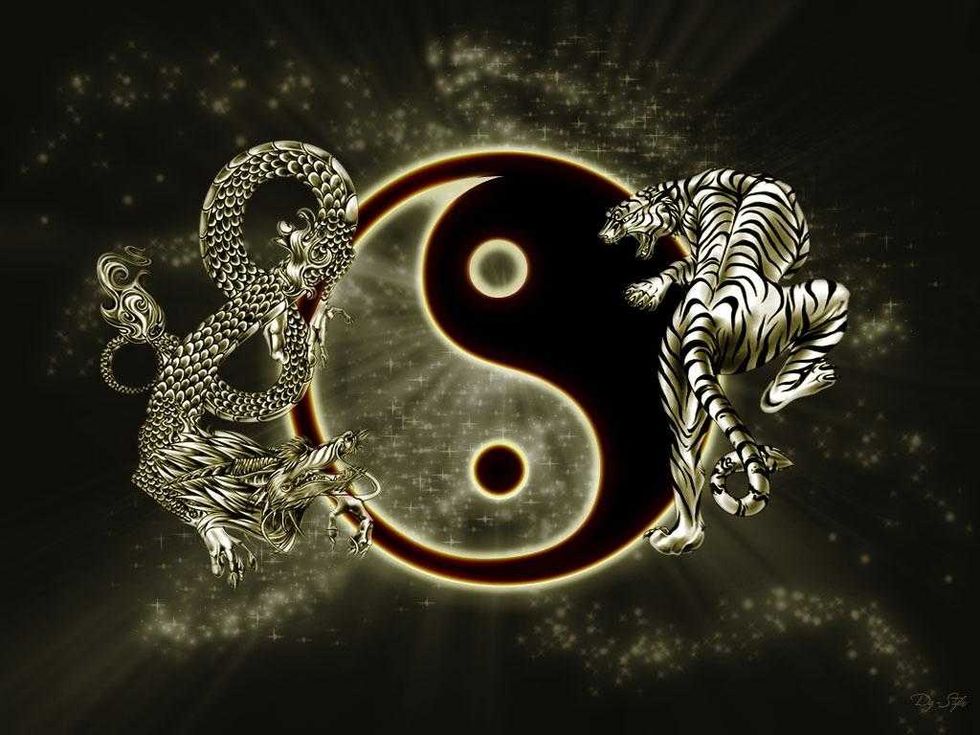Tao or in other words, The Way, is based on the complexity of contradictions. Trying to make sense of statements in Tao - try to understand them through logic - would yield a 404 human error. This is not a trick, it is an ideology based on what makes you lose your mind if you use your logic to understand it, and love yourself if you give up on the idea of understanding. This is the way. The riddle’s coma is not death, it is finding the way. At least that is how Tao would put it. It is the truth that may not be learned.
Tao said:
“As soon as beauty is known by the world as beautiful, it becomes ugly.
As soon as virtue is being known as something good, it becomes evil.
Therefore being and non-being give birth to each other.
Difficult and easy accomplish each other.
Long and short form each other.
High and low distinguish each other.
Sound and tone harmonize each other.
Before and after follow each other as a sequence.”
This idea is the essence of strange loops. Being and non-being giving birth to each other is a doubt. A doubt that we need to get rid of to live the loop not break it. A doubt that everyone has. A doubt that Rene Descartes had when he said: “Cogito Ergo Sum; I think, therefore I am.” A doubt that William Shakespeare had when he said: “To be or not to be.”
What to do to understand the complexity of the way? To understand consciousness? To try and understand any strange loop? The first step has to be not to pin two sides as opposites. Harmonize our understanding between the sound of strange loops and the tone of logic. This view was mentioned in John Hospers’s Philosophical Analysis when he mentioned the second and third way to view consciousness introduced by Rene Descartes and the English School of philosophers; mainly John Locke and Bishop George Berkeley. The metaphors used were consciousness as a mirror and as a clean slate of sense-perception. Hospers goes on and say that: “The allied metaphors of both lead to an insoluble problem.” And he asks the right question which is: “How can consciousness be of something distinct from and outside of consciousness?”






 The minimum wage is not a living wage.
StableDiffusion
The minimum wage is not a living wage.
StableDiffusion
 influential nations
StableDiffusion
influential nations
StableDiffusion











